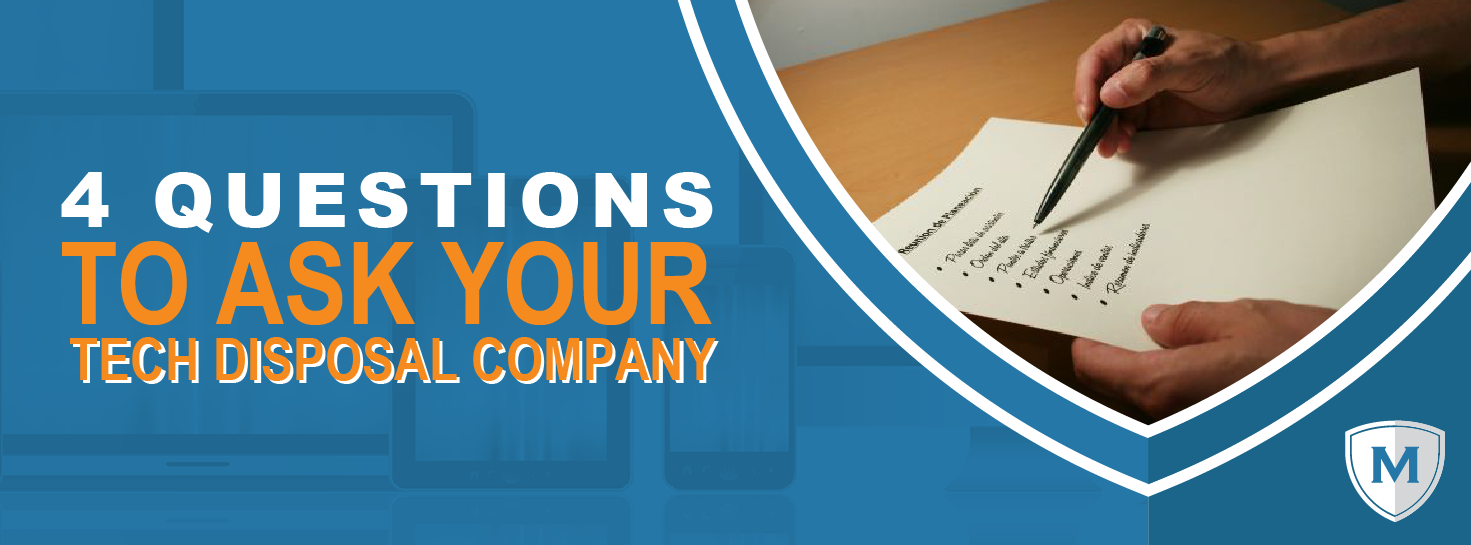Maxxum Helps Mitigate Risk When Disposing Medical Equipment
March 27, 2017
How Maxxum Helps You Mitigate Risk When Disposing Medical Equipment
“The dirty little secret is that most (medical) manufacturers did not anticipate the cybersecurity risks when they were designing them a decade ago, so this is just scratching the surface really.”
That statement is a sobering reality for the medical profession. It’s from a CNBC interview with Kevin Fu, who directs the University of Michigan’s Archimedes Center for Medical Device Security. “There is no [impervious] device; pretty much every device that has a computer in it is breakable,” Fu told CNBC’s “On the Money.”
In this day and age almost all medical devices contain some type of information that is susceptible to thieves, not only when they’re active, but even after the devices are taken off-network. The truth is, data lingers even when equipment is done being used and a hospital or doctor’s office thinks they’ve removed all of the information.
So how can Maxxum help mitigate risk in the medical device industry? Here’s a great example of a recent success story: Maxxum was provided with a pocket-sized, battery-operated device for measuring lung volume (a spirometer). It was thought to be “clean” but Maxxum’s forensic process uncovered 2,200 unique patient records that included patient name, birthdate, sex, test dates, test results and more.
The success of your business is contingent on the integrity of your intellectual property. Maxxum has extensive experience removing all traces of information from technology assets before they go downstream. We protect your sensitive information and ensure compliance with all regulatory requirements, indemnifying you from liability.
Maxxum works with a variety of companies to ensure that their medical devices have had all traces of information and data removed before downstream destruction of equipment is completed.
Maxxum is your partner in risk mitigation. We’re with you through the entire lifecycle of your computers, electronics and all technology, providing valuable support and guidance during acquisition, disposal, and during any custody change.






